Erol Josué
📷 Corentin Fohlen
Erol Josué is a singer, dancer, and one of Haiti's most important and beloved artists. He is known for invoking the spirits known as Iwa to promote healing and tolerance through his music. His sophomore album, Pèlerinaj (Pilgrimage), which will be released on March 24 on Village Hut Records, tells the story of his own pilgrimage as an ordained priest of voudoun, a centuries-old African diasporic religion, and his experiences living in various cities across the world.
Josué's music is a unique blend of sacred chants and traditional rhythms like dogo, noki, and fla voudoun with funk, jazz, rock, and electronic music. His "electro-voudou" sound, which he developed with DJ Val Jeanty in the mid-2000s New York club scene, led to his first album, Régléman, in 2007. He has since founded or been integral to a number of music projects and dance ensembles, and his work has been featured in a 2009 documentary about voodoo.
📷 Ludner Desvarieux
In addition to his music, Josué serves as Director of Haiti's National Bureau of Ethnology, a position he has held since 2012. He has worked tirelessly to introduce Haitian voodoo culture to universities and institutions across the United States, and he continues to use his music and other artistic endeavors to promote understanding and acceptance of other cultures.
Josué sings on Pèlerinaj in both French and Creole, addressing not only his own spiritual and political journey but also the challenges faced by Haiti as a nation. His songs cover a range of topics, from the history of voodoo and the resilience of the Haitian people to poverty, human rights violations, and natural disasters. He honors Haiti's refusal to continue seeking international aid and reminds Haitians of their ancestry as freedom fighters who should never resort to begging.
Through his music and other work, Josué has become a cultural ambassador for Haiti, sharing his country's rich history and vibrant culture with the world.



